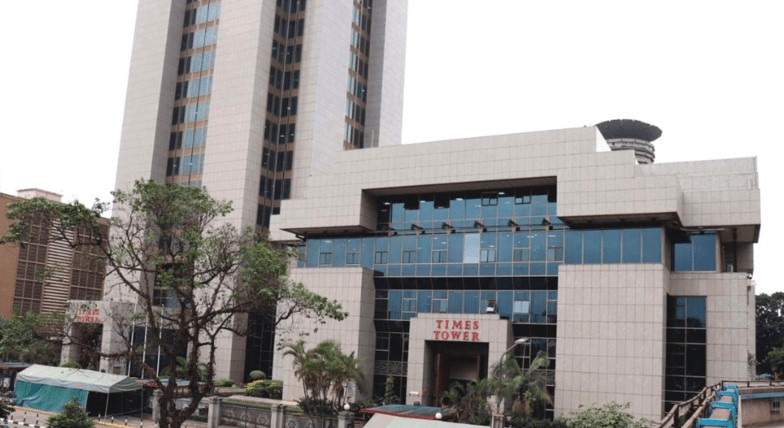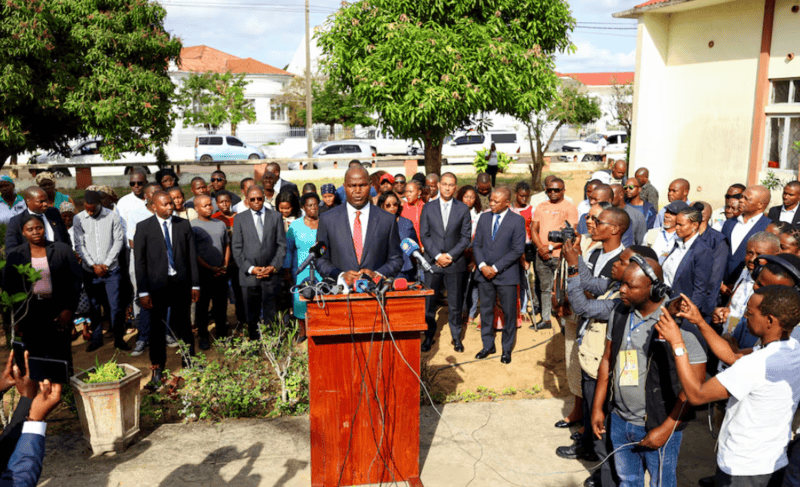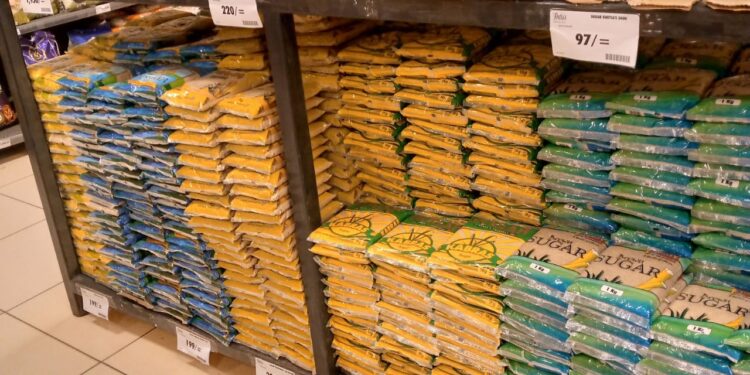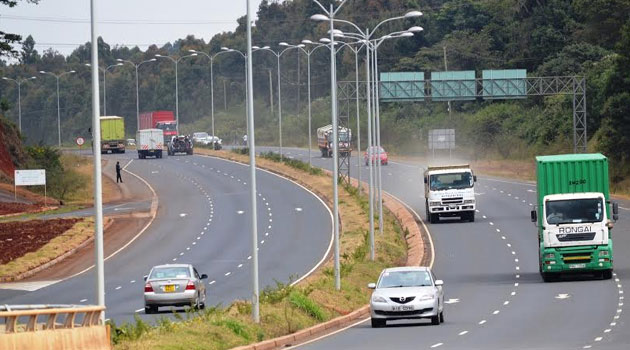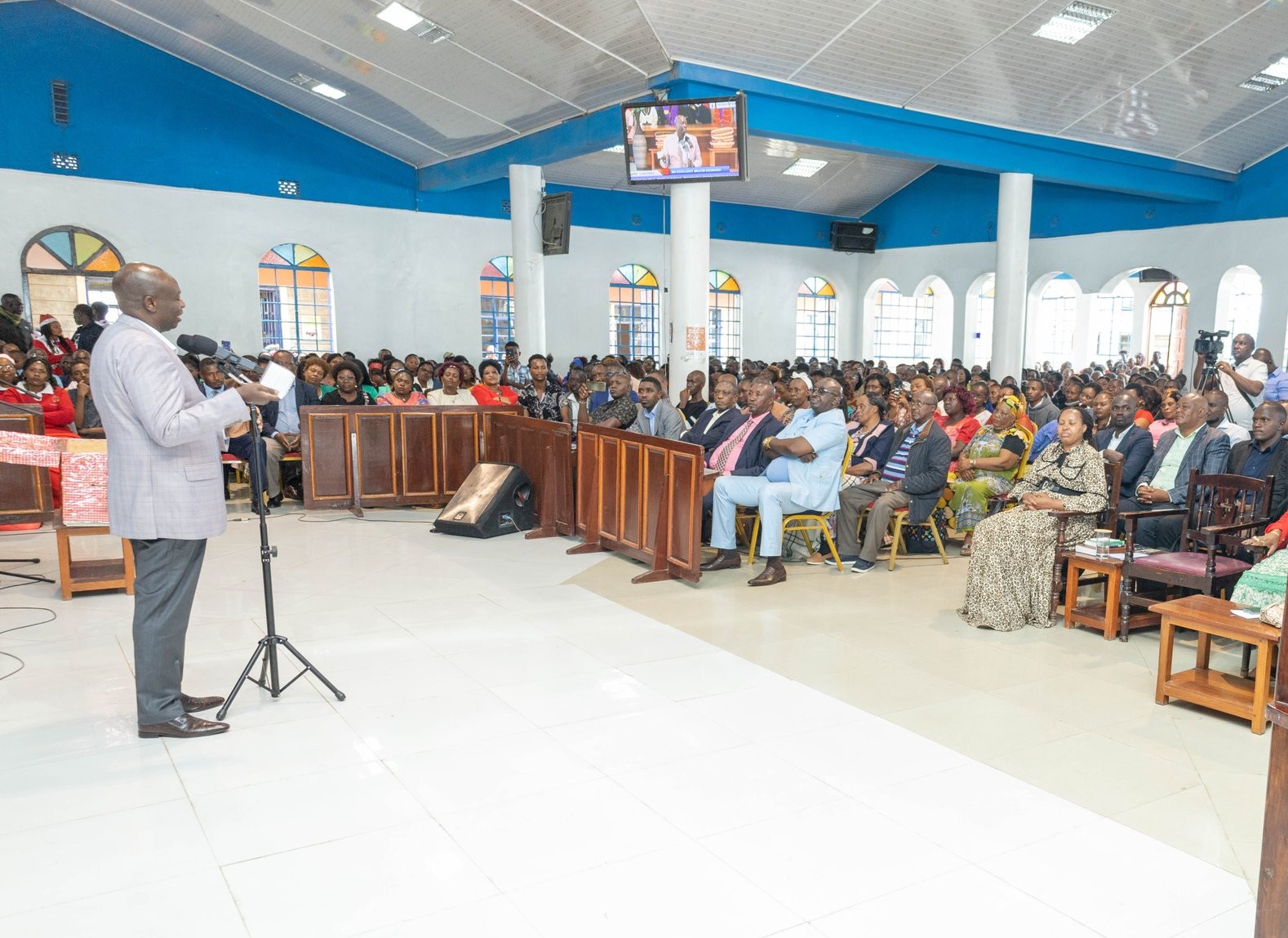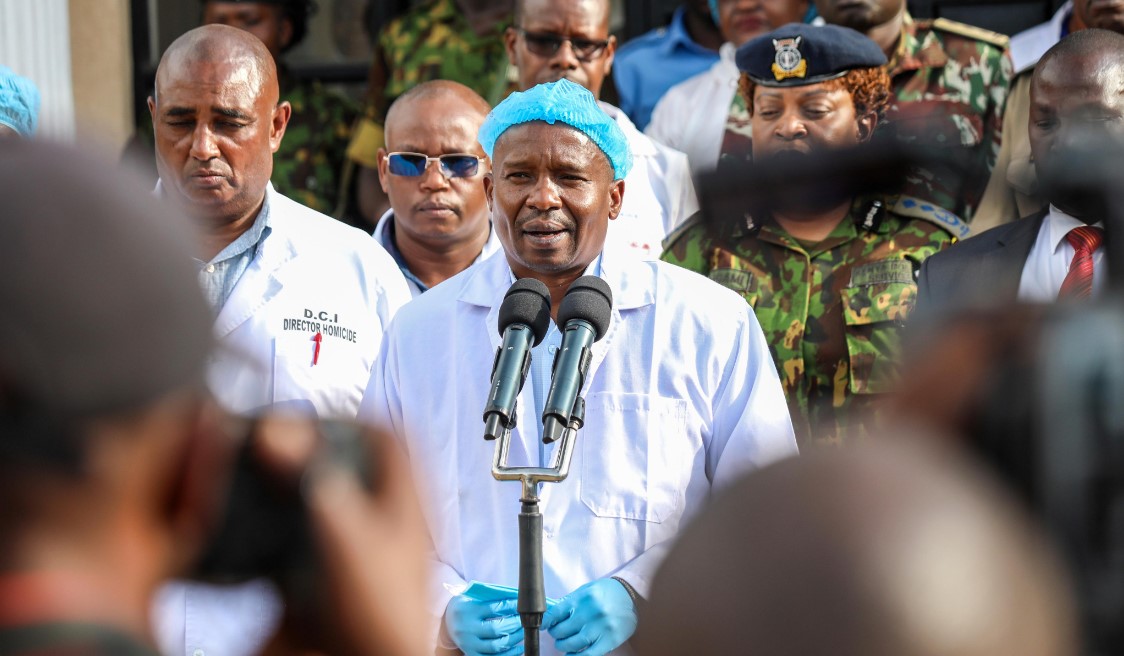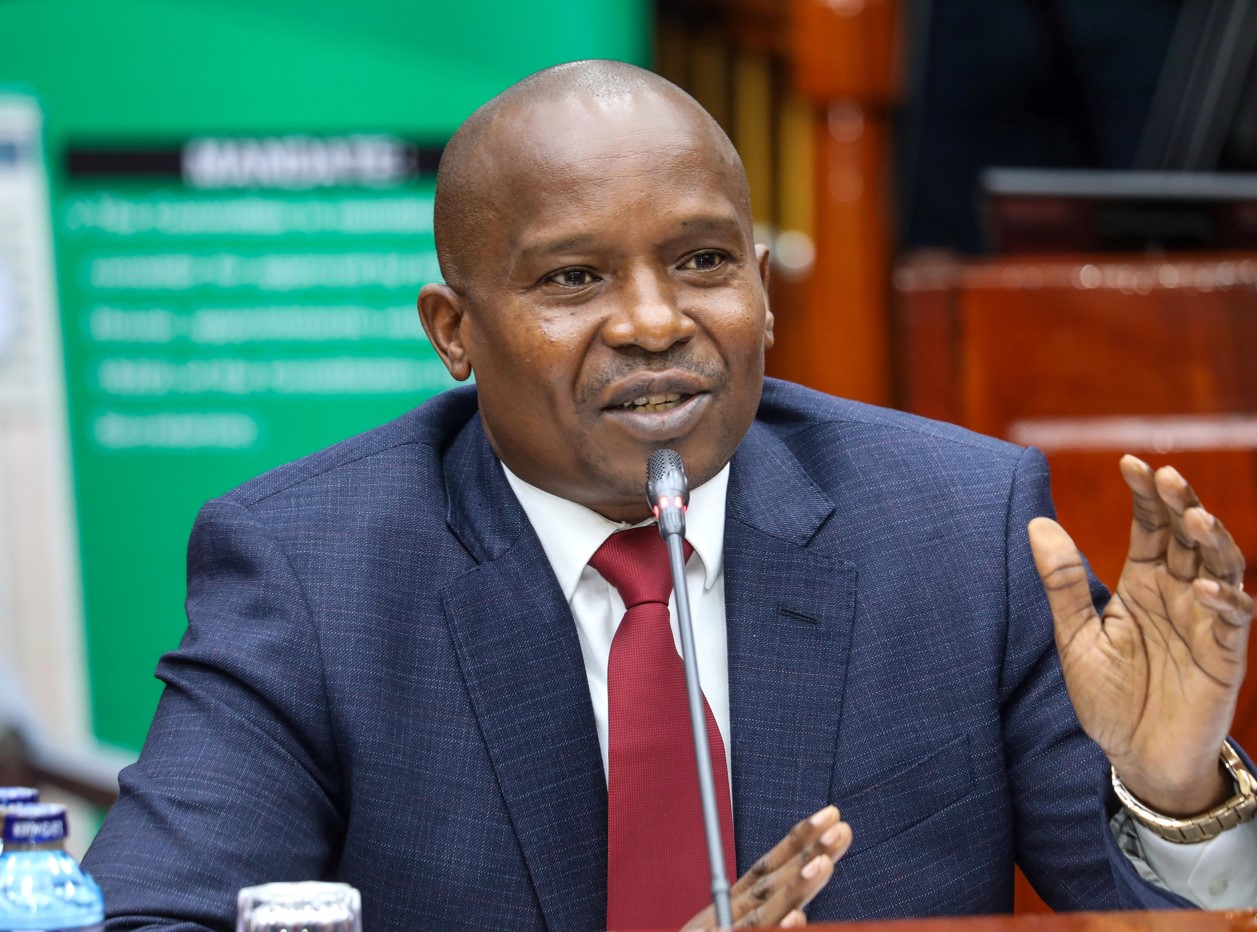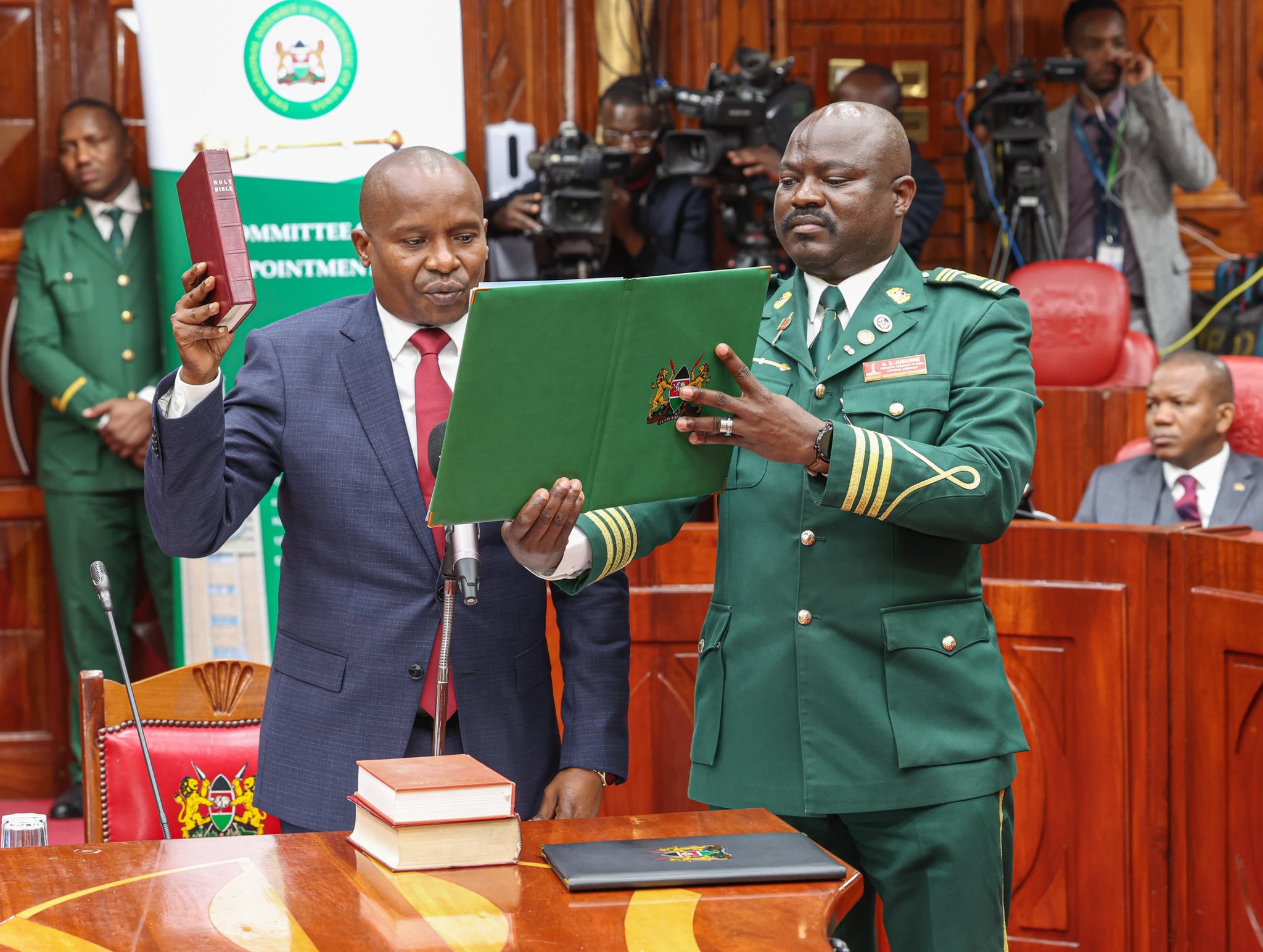Illicit brew crackdown: EACC issues warning as bribery reports surface

By Lucy Mumbi |
Spokesperson Eric Ngumbi said some of officers have turned the vetting of bars into an extortion syndicate, compromising the government's efforts to end the illicit brew menace.
The Ethics and Anti-Corruption Commission (EACC) has issued a stern warning to public officers regarding the acceptance of bribes amid the crackdown on the sale of illicit alcohol in the country.
Spokesperson Eric Ngumbi said some of the officers have turned the vetting of bars into an extortion syndicate, compromising the government's efforts to address the menace.
Keep reading
- State rejects Gachagua's "reckless" claims of government involvement in illicit liquor
- Ruto slams Parliament for delaying Conflict of Interest Bill aimed at curbing corruption
- Kindiki tops list of possible DP Gachagua's successors amid impeachment - TIFA poll
- Kindiki insists evidence shows politicians were involved in anti-govt protests
“We have received reports indicating that some officers responsible for vetting bar owners and operators are accepting bribes. In other words, corruption has found its way into the vetting exercise that is supposed to ensure licences are given to persons who can legitimately operate bars,” he said on Sunday at Kombo-Ini village, Kirinyaga County.
The multi-agency comprises officers from the national and county governments, the police, the Kenya Revenue Authority (KRA), the Kenya Bureau of Standards (KEBS), the Anti-Counterfeit Authority (ACA), and other bodies.
Noting that any senior officials leading the exercise must ensure integrity, transparency, accountability and no corruption, Ngumbi warned that those sabotaging it will be dealt with firmly.
“The EACC will take action against any person found to be compromising and sabotaging the government’s efforts to eradicate illicit alcoholic drinks from our country,” he said.
Additionally, he called on the traders to strictly adhere to the established regulations and refrain from bribery to evade scrutiny.
“It is important that they comply fully with the regulations and promptly report any instance of public officials attempting to extort money from them to the EACC,” he said.
Ngumbi further noted that graft and conflicts of interest among enforcement officers overseeing bars are factors significantly contributing to the illicit brew menace and alcoholism.
He urged the National Assembly to quickly finalise its review of the Conflict of Interest Bill, which is aimed at addressing situations where public officials engage in businesses that fall under their regulatory purview.
On Friday, Interior Cabinet Secretary Kithure Kindiki reported that the government had shut down at least 9,500 unlicensed bars and 12 distilleries that were operating outside the law and manufacturing illicit alcoholic drinks across the country.
He added that 4,800 establishments selling alcohol and located near basic education institutions were closed and their licences revoked.
“The Alcoholic Drinks Control Act prohibits the sale of alcohol, whether licensed or not, within 300 metres of a learning institution to save our children from the menace of influence and exposure to alcohol and other substances at an early age,” Kindiki said.
“We will not allow those premises to resume that illegal activity. The crackdown and enforcement measures programme continues. We have a 25-point plan to deal with this problem.”
He added that the licenses of manufacturers of second-generation alcoholic beverages remain suspended, with production banned, until security and compliance checks are completed by the end of the month.
Reader comments
Follow Us and Stay Connected!
We'd love for you to join our community and stay updated with our latest stories and updates. Follow us on our social media channels and be part of the conversation!
Let's stay connected and keep the dialogue going!

